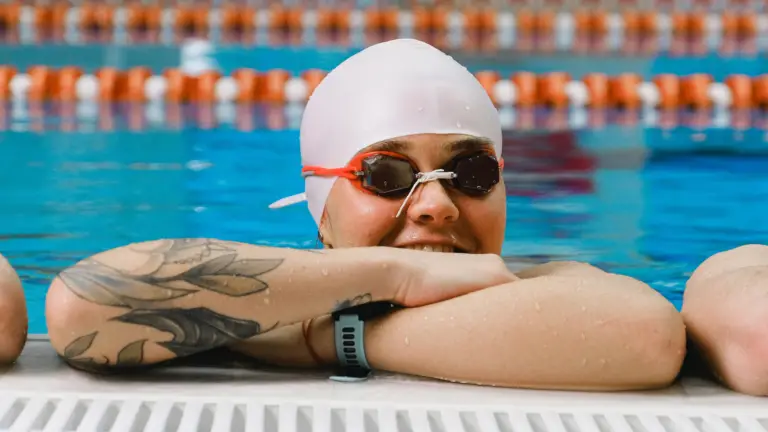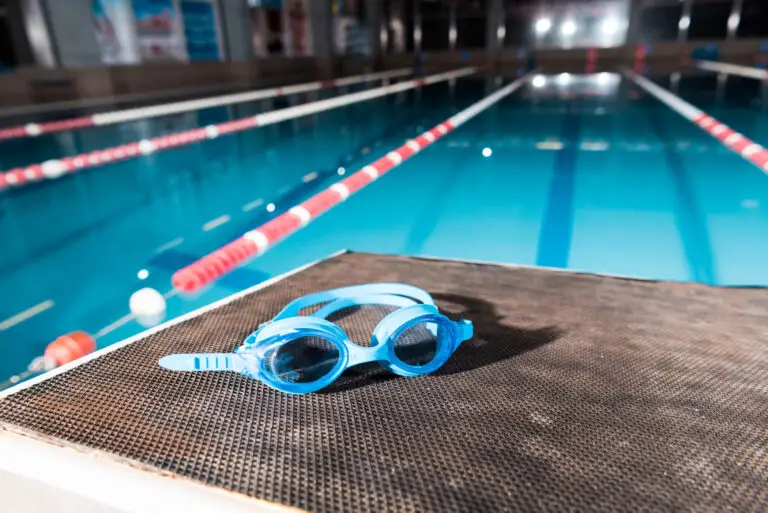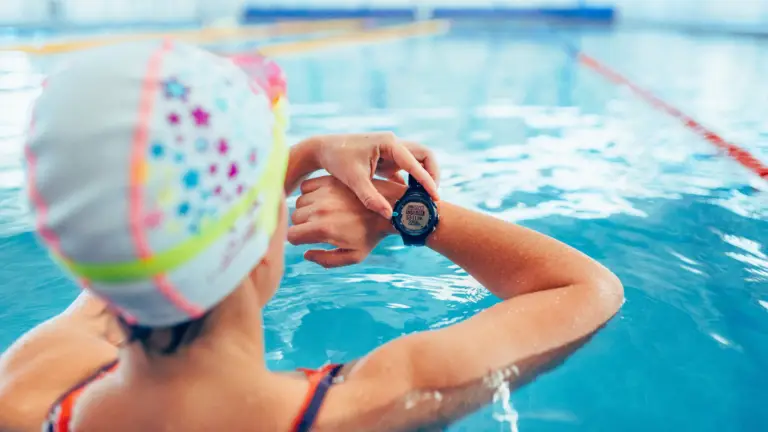The importance of swim meet preparation cannot be overstated. It’s the difference between a good performance and a great one. I remember my first big meet – I was nervous, but my coach told me, “Preparation is the key to success.” Those words stuck with me, and they’ve been my mantra ever since.
In this comprehensive guide, we will delve into the various aspects of preparing for a swim meet. We’ll start by understanding the basics of a swim meet, the essential preparations leading up to the meet, including training, nutrition, setting goals, mental preparation, and the crucial process of tapering. We’ll also discuss the important steps to take the day before and on the day of the meet, as well as how to handle the meet itself. Whether you’re a seasoned swimmer or preparing for your first meet, this guide is designed to help you perform at your best.
Understanding the Basics of a Swim Meet
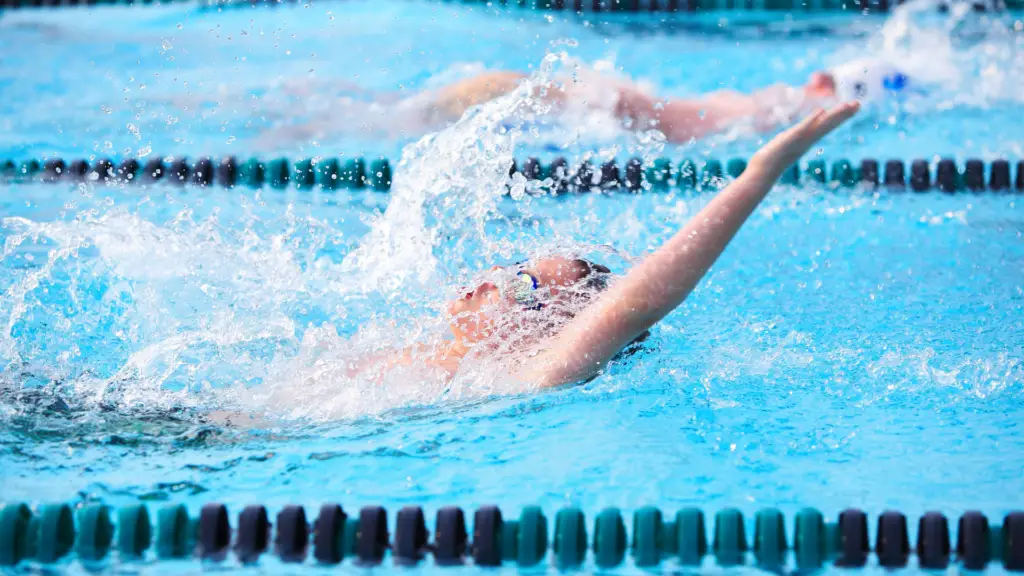
A swim meet is a competitive event where swimmers race against each other, often representing different teams. There are different types of swim meets, including:
- Short Course: The race is held in a 25-yard or 25-meter pool.
- Long Course: The race is held in a 50-meter pool.
- Relay: A team of swimmers competes together, each swimming a portion of the race.
- Individual Events: Swimmers compete individually in different strokes and distances.
Understanding these basics is the first step in preparing for a swim meet. It may also be worth checking out our swim meet etiquette guide for more preparation information.
Swim Meet Preparation
Training and Consistent Habits
Training is crucial, but it’s not just about the hours you put in the pool. It’s about maintaining consistent habits – regular sleep, balanced nutrition, and mental wellness. These habits form the foundation of your preparation. Consistency in your training schedule, sleep routine, and diet can significantly impact your performance. It’s not just about working hard but also about working smart and making every hour count.
Importance of Sleep and Nutrition
Sleep and nutrition are the fuel your body needs to perform. Aim for 8-10 hours of sleep per night and eat a balanced diet rich in proteins, carbs, and healthy fats. Avoid drastic changes in your diet leading up to the meet. Remember, your body is like a machine, and it needs the right fuel to function optimally. So, make sure you’re feeding it with the right nutrients and giving it enough rest to recover and rebuild.
Choosing Your Events and Setting SMART Goals
Choose your events wisely. Play to your strengths and consider your training. Set SMART (Specific, Measurable, Achievable, Relevant, Time-bound) goals for each event. This gives you a clear focus and helps track your progress. It’s not just about participating in the event; it’s about having a clear goal in mind and working towards achieving it. This approach will not only enhance your performance but also improve your overall experience.
Mental Preparation and Visualization
Mental preparation is just as important as physical training. Use visualization techniques to imagine yourself performing well in the meet. This can boost your confidence and reduce anxiety. Picture yourself standing on the starting blocks, diving into the water, and swimming your best. This mental rehearsal can help you stay calm and focused during the actual event.
Here is my favorite app for mastering your sports psychology skills.
Tapering for a Swim Meet
Tapering is the process of reducing training volume as you approach a meet, allowing your body to recover and perform at its peak. A well-planned taper can make a significant difference in your performance. I remember my first taper – it felt strange to train less, but the results spoke for themselves at the meet.
Remember, every swimmer is unique. What works for one may not work for another. The key is to find what works best for you and stick to it.
The Day Before the Meet
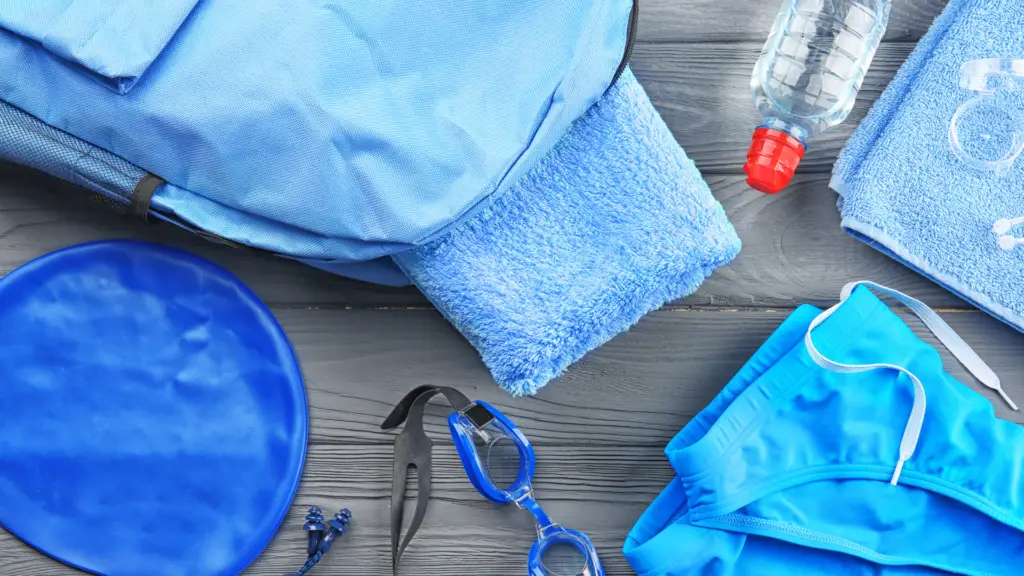
The day before the meet is all about final preparations. Start by packing your gear. Make sure to include:
- Racing suit
- Goggles
- Caps
- Towels
- Clothes to stay warm in between events
- Sunscreen
- Snacks and water
Remember, it’s better to have it and not need it than to need it and not have it.
Next, prioritize a good night’s sleep. Aim for at least 8 hours to ensure your body is well-rested and ready for the big day.
Lastly, avoid any new routines or diets. Stick to what you know and what your body is used to. This is not the time for surprises.
Race Day Preparation
On the day of the meet, it’s crucial to arrive early. This gives you time to check out the pool, familiarize yourself with the surroundings, and settle any pre-race jitters. Arriving early also allows you to do a proper warm-up and get a feel for the water. It’s about getting into the right mindset and setting the tone for the day.
Understanding the heat sheet is essential. Know your heat and lane assignments prior to race time. This will help you plan your races and avoid any confusion. It’s like your roadmap for the day, guiding you through your events and helping you manage your time effectively.
Develop a pre-race routine to stay calm and focused. This could include a specific warm-up routine, mental visualization, or even a motivational mantra. This routine acts as a trigger, signaling to your body and mind that it’s time to perform.
Remember, race day is not the time to try anything new. Stick to your routine and focus on your performance. It’s about executing what you’ve practiced and trusting your training.
During the Meet
During the meet, the key is to stay positive and manage your expectations. Remember, you’ve prepared for this, and you’re ready. It’s not about winning or losing but about doing your best and enjoying the experience.
The warm-up and cool-down are just as important as the race itself. They prepare your body for the race and help it recover afterward. They’re like bookends to your performance, ensuring you start strong and finish strong.
Finally, understand the rules to avoid disqualifications. If you’re unsure about something, ask your coach or the meet referee. It’s better to ask and be sure than to risk disqualification. Remember, knowledge is power, and understanding the rules can save you from unnecessary disappointments.
Remember, a swim meet is a test of your preparation, skill, and mental strength. Stay focused, do your best, and most importantly, enjoy the experience. After all, swimming is not just about the competition but also about the joy of the sport.
FAQs
Here are some frequently asked questions about preparing for a swim meet:
Conclusion
Preparing for a swim meet is a comprehensive process that involves consistent training, proper nutrition, adequate sleep, and mental preparation. Remember, the key to a successful meet is preparation. So, pack your gear, get a good night’s sleep, arrive early, and stay positive. You’ve put in the work. Now it’s time to shine. Good luck at your upcoming meet, and remember to enjoy the experience!
Remember, every swimmer is unique. What works for one may not work for another. The key is to find what works best for you and stick to it. As you prepare for your swim meet, remember the words of my coach, “Preparation is the key to success.” Good luck!



